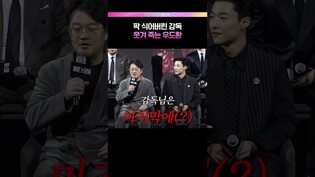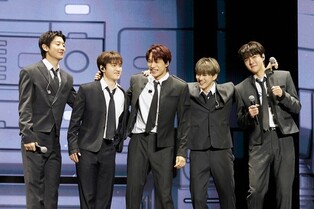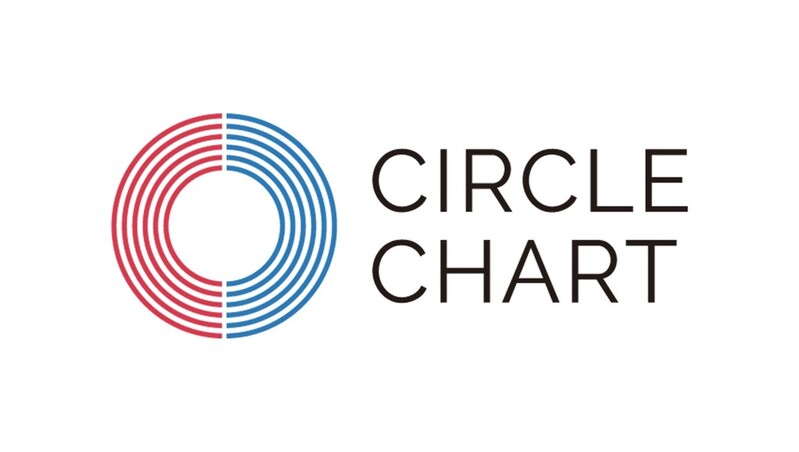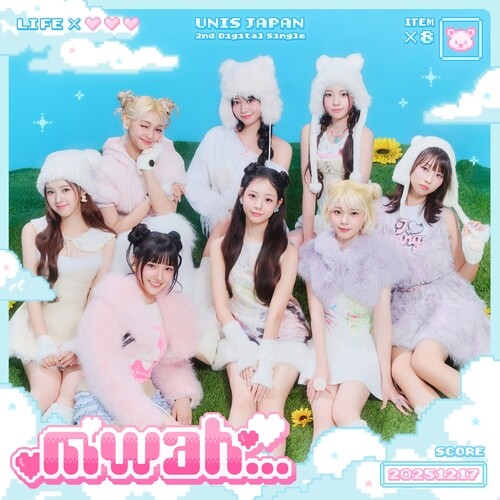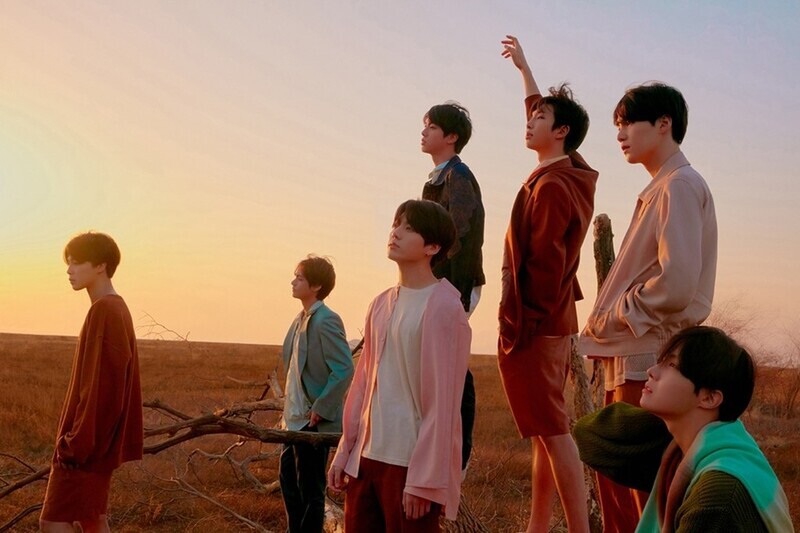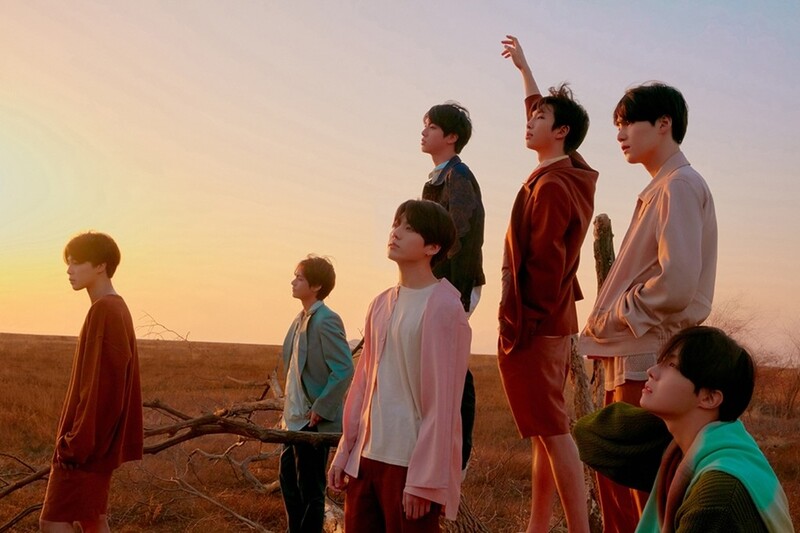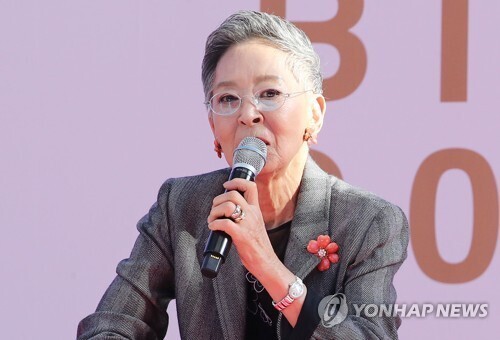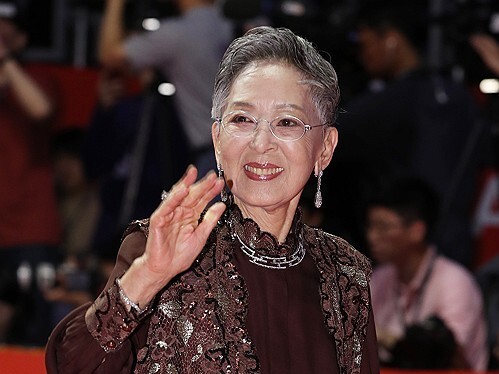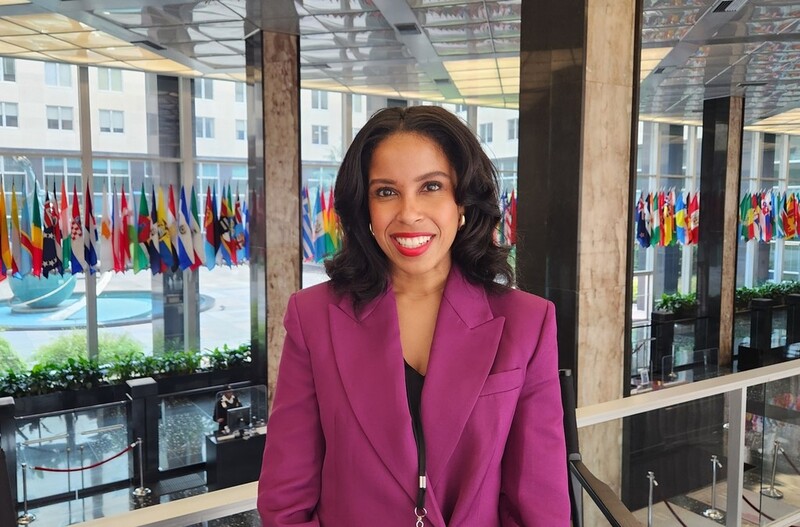 |
| ▲ Deputy State Department spokesperson Mignon Houston speaks during an interview with Yonhap News Agency at the department in Washington on July 18, 2025. (Yonhap) |
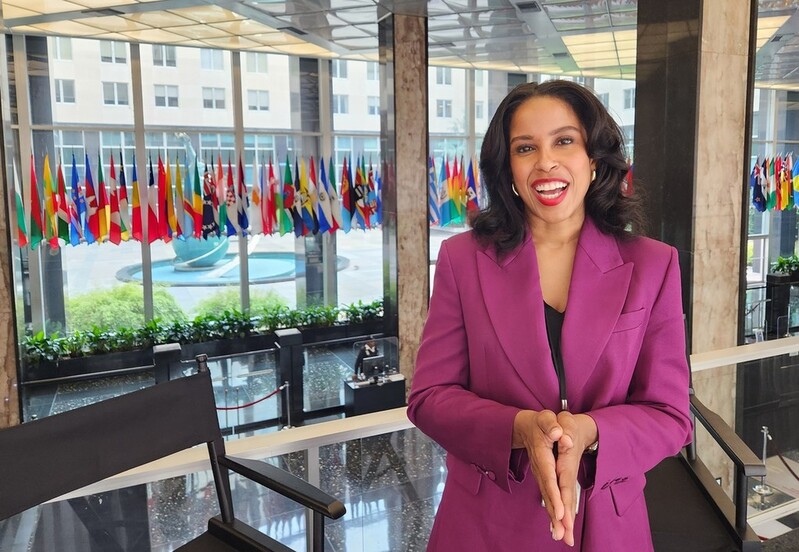 |
| ▲ Deputy State Department spokesperson Mignon Houston speaks during an interview with Yonhap News Agency at the department in Washington on July 18, 2025. (Yonhap) |
(Yonhap Interview) US diplomat-S Korea
(Yonhap Interview) U.S. official renews 'ironclad' security commitment, but calls on S. Korea to beef up its own defense
By Song Sang-ho
WASHINGTON, July 18 (Yonhap) -- A U.S. diplomat on Friday reaffirmed the United States' "ironclad" security commitment to South Korea, but called on the Asian ally to make the "highest-level" efforts to strengthen its own defense capabilities.
In an interview with Yonhap News Agency, State Department deputy spokesperson Mignon Houston made the remarks amid expectations that U.S. President Donald Trump's administration might request South Korea to bolster its defense spending and military capabilities as it prioritizes deterring threats from an assertive China.
Houston also pointed out that addressing North Korea's nuclear quandary remains a "priority" issue that Washington has "not taken our eyes off of," while underscoring that the Trump administration is looking forward to working "very closely" with the government of new South Korean President Lee Jae Myung.
"South Korea is a strong and capable partner. President (Trump) believes that South Korea has the ability to ensure at the highest level that their defense capabilities are refined and strong. This is something we know we need," she said.
"The United States is going to meet with our military capabilities, with our force readiness as some of the best in the world. We will make that commitment, but we also want to see our partners do the same as it relates to bringing in the highest level of support and commitment they can for their defense capabilities," she added.
She was responding to a question about whether there will be a renegotiation of a defense cost-sharing deal that Seoul and Washington signed last year, given that the Trump administration has called for allies and partners to raise their defense spending.
"We will continue with our military cooperation in a defensive capacity, being transparent, being appropriate with our risk measures, but we want to see countries meet us at the same place," she said. "That's the only solution to ensuring that we have the highest standards for defense measures in place so that we can deter any threat before it arises."
Her remarks came as the Pentagon has demanded that Asian allies should also move toward the hefty target of spending 5 percent of their gross domestic product (GDP) -- a goal that North Atlantic Treaty Organization member states recently agreed to achieve by 2035 following Trump's demand.
South Korea's defense budget this year stands at around 61.2 trillion won (US$43.9 billion), which is about 2.32 percent of its GDP, according to Seoul's defense ministry.
Houston brushed aside concerns that the North Korean nuclear conundrum might be nudged onto the back burner as the Trump administration focuses on countering the "pacing threat" from China and addressing wars in the Middle East and Ukraine.
"This is something that we have not taken our eyes off of ... We are very clear that we want to see the complete denuclearization of North Korea," she said.
"I think that this administration has been, by far, very transparent with our support for the Korean Peninsula, with our support for this region, and that's not going to change."
Touching on the importance of cooperation between South Korea and Japan, and the trilateral partnership involving the U.S., the deputy spokesperson accentuated Washington's commitment to close cooperation with the new South Korean government.
Three-way cooperation has gained traction as Seoul and Tokyo have made efforts in recent years to improve their relations long strained over historical and territorial feuds.
"We are looking forward to working very closely (with the Seoul government). Secretary (Marco Rubio) has been very clear that we want to work very closely with South Korea and the new leadership," she said. "This is a priority for this administration, and one we feel very strongly about."
Security cooperation aside, the diplomat underlined the "vital" importance of economic collaboration with South Korea in terms of the Asian ally's technological expertise and its role in creating jobs for American workers, not to mention global supply chain resilience.
"South Korea's resources as it relates to global supply chains, minerals, processing experience, refining experience," she said. "This is going to be critical to our ability in the Indo-Pacific to increase and secure supply chains that are global and diverse, ensuring that we are not relying on one country for the refining and processing of minerals that are so critical and important for the U.S."
Houston signaled her cautious optimism over the prospects of reaching trade deals with South Korea and other partners, reiterating that the Trump administration is pursuing "fair" and "balanced" trade that benefits American workers and businesses.
South Korea, Japan and other nations are striving to reach deals with Washington over its proposed "reciprocal" tariffs and other duties as well as non-tariff and economic cooperation issues, before Aug. 1 when the reciprocal tariffs are set to kick in.
"We look forward to the next couple of weeks for discussions across the Indo-Pacific and across the world on tariffs. We know we can reach agreements," she said.
"We heard from the secretary of treasury, of commerce speaking about some of the conversations they're having. We want trade agreements to be fair and benefit both sides in a way that's robust and helps our citizens in both of our countries really succeed."
She went on to say that Washington's trade policy is not a "step to change the diplomatic, political relationship" with allies and partners, but a step to ensure what it terms fair trade.
Asked if there is any progress on efforts to arrange the first summit between Lee and Trump, she said there is nothing to announce from the State Department.
(END)
(C) Yonhap News Agency. All Rights Reserved







